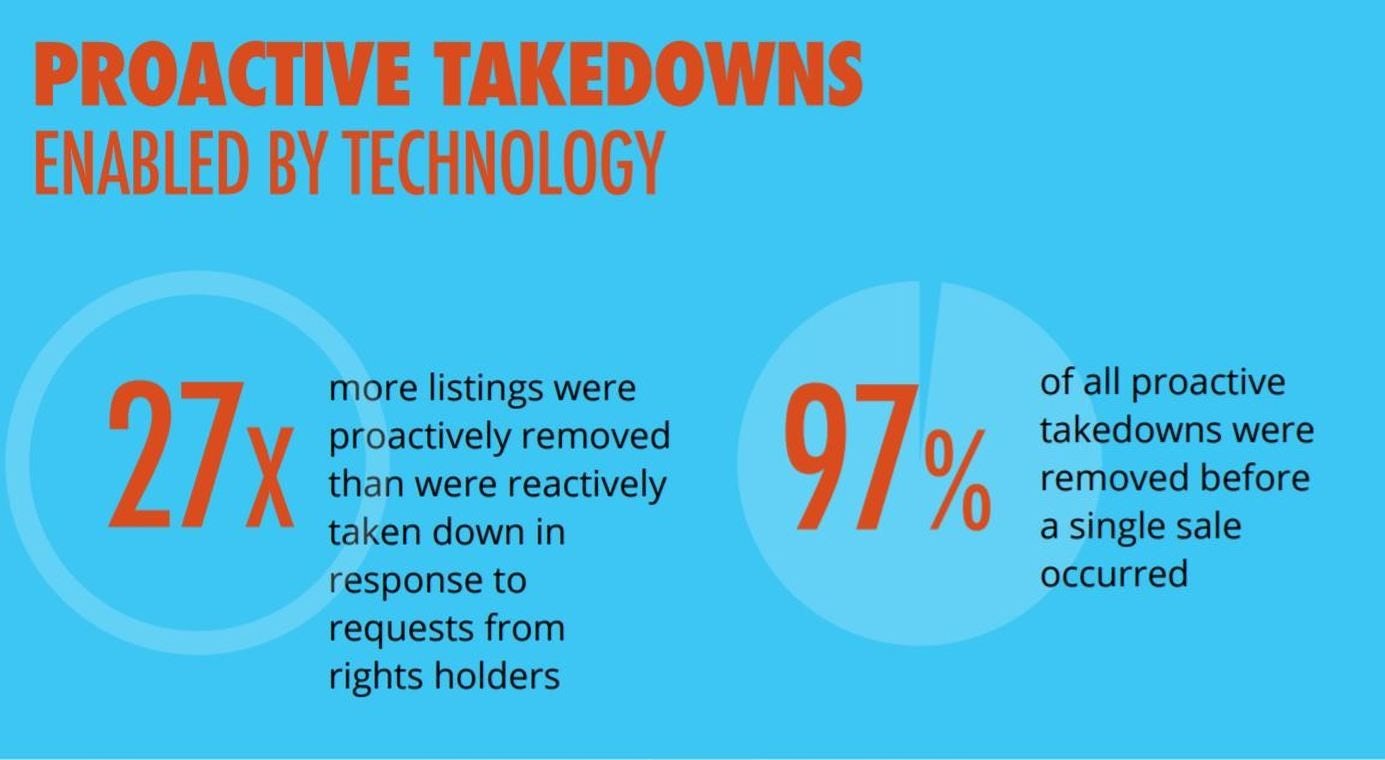China’s lawmakers are in the process of passing an overarching law to regulate the country’s booming e-commerce industry. One of the highlights from the latest draft legislation, which was released on June 19 by Standing Committee of the National People’s Congress, is to hold internet retailers and e-commerce platforms directly accountable for the sales of counterfeit products.
In particular, the proposed law stipulates that e-commerce platforms that fail to address brands’ concerns and take-down requests in a timely manner will be jointly liable for the losses of the rights holder.
The new edition marks a sweeping shift in attitude by the Chinese government towards regulating online transaction security, intellectual property (IP) rights protection and protection of consumers’ rights. There is no clear timeline for the enactment of this law, given the opaque political and legal system in China. However, Paul Haswell, a partner who advises technology companies at international law firm Pinsent Masons, told South China Morning Post that "this legislation is almost certainly going to be passed."
The current draft also expands the scope and definition of “e-commerce players”. Aside from traditional online marketplaces like Alibaba’s Tmall and Taobao, JD.com, and Secoo, Tencent’s WeChat platform will also be under scrutiny. The app is flooded with self-owned merchants, alongside all kinds of short video and live-streaming functions that enable the sale of goods.
According to Jing Daily’s report in April this year, China’s short video and live-streaming sites like Douyin are plagues with counterfeiters. Popular vloggers have garnered high viewership by making lipsticks, lip gloss, and cushioned foundations and repackaging them as brand new products from luxury labels - including Dior, Yves Saint Laurent, Givenchy, Chanel and many others.
For the country’s e-commerce players, the new law is likely to push them to further fight against counterfeiting issues, an area in which major platforms like Alibaba have already made significant efforts.
In mid-2017, Alibaba debuted an Express Intellectual Property Protection program that lets brands and retailers report counterfeit goods. The latest statistics from Alibaba show 95 percent of takedown requests were processed within 24 hours last year, which is a 68 percent reduction in processing time compared to 2016.
Alibaba declined to comment, due to the new regulations still being in the draft stage.
“We have always placed consumer and brand rights at the heart of our business. We cannot comment on specifics as the current version is a draft, but we always support efforts to further improve the e-commerce environment in China,” said a spokesperson of JD.com.
Tencent did not respond to requests for comment.
“China is taking an opposite direction in regulating the counterfeits from that of the United States,” said Steve Dickinson, a Seattle-based attorney with Harris Bricken, who help foreign companies enter the Chinese market.
Dickinson agreed that the new legislation may make e-commerce platforms in China work harder to tackle counterfeiters, but believes it will not be an immediate solution for the country’s counterfeiting problems in general.
For luxury brands, the legislation - once passed - is likely to provide them with another legal weapon to protect their businesses. However, according to Dickinson, if luxury brands don't take charge, the new law won't make much of a difference. "It won't work if they just want somebody else to take care of the problem", Dickinson added.


